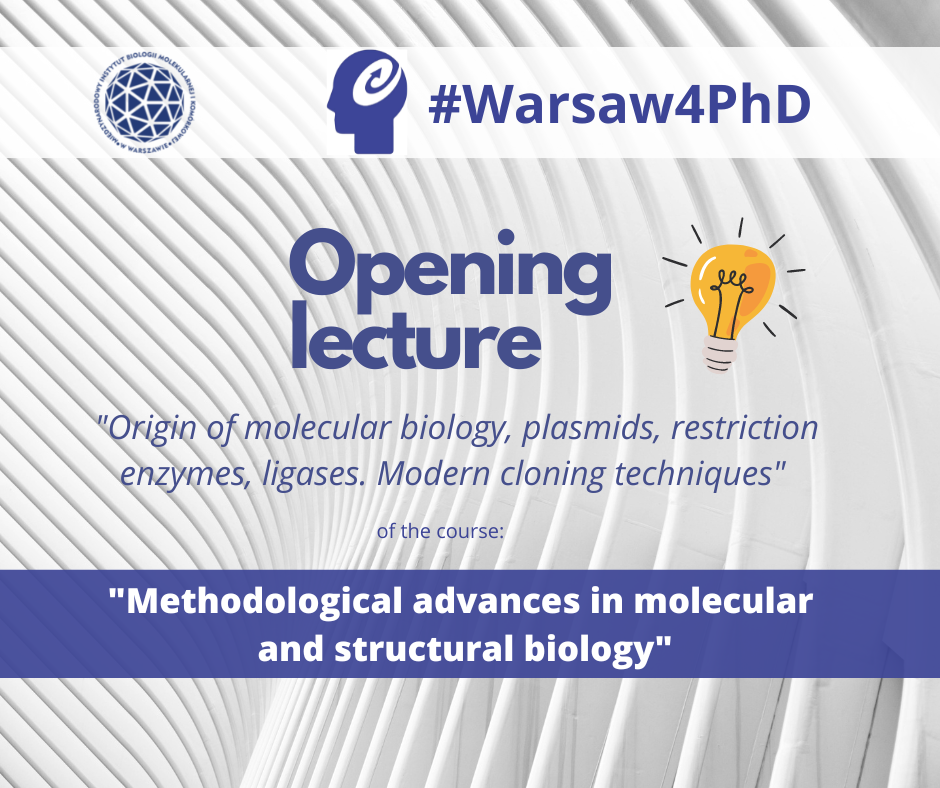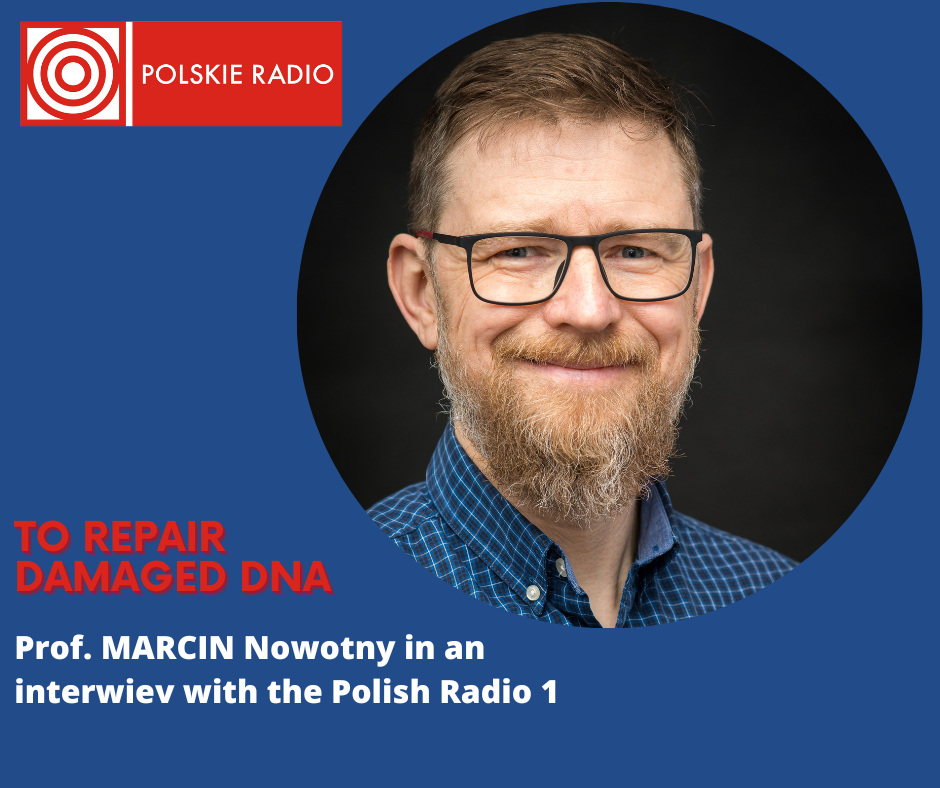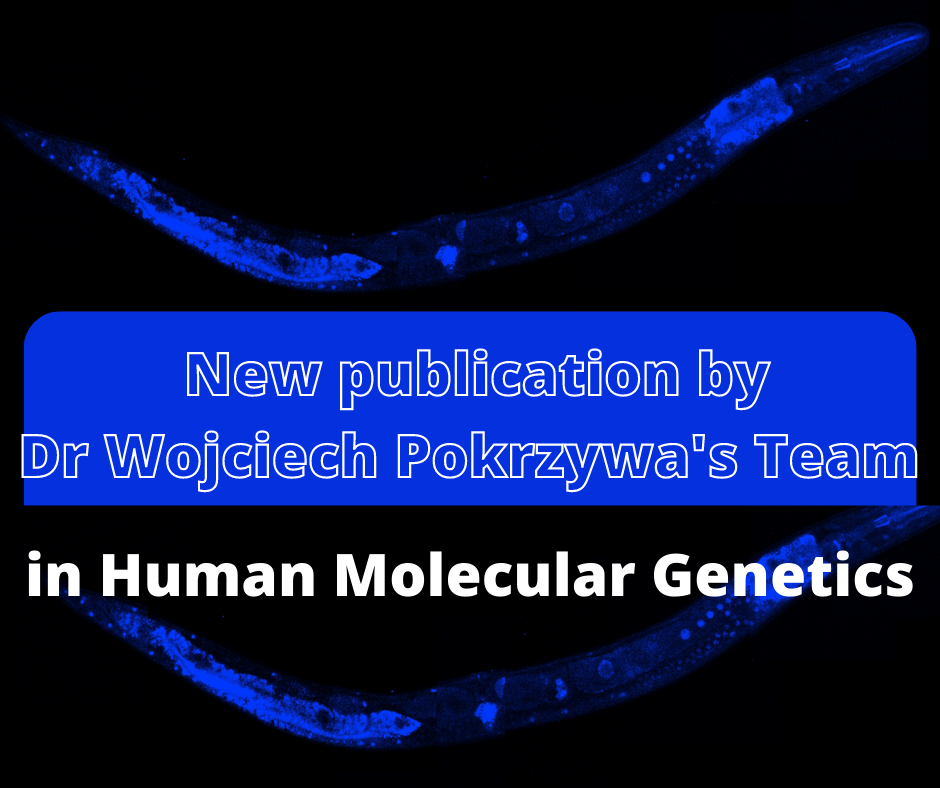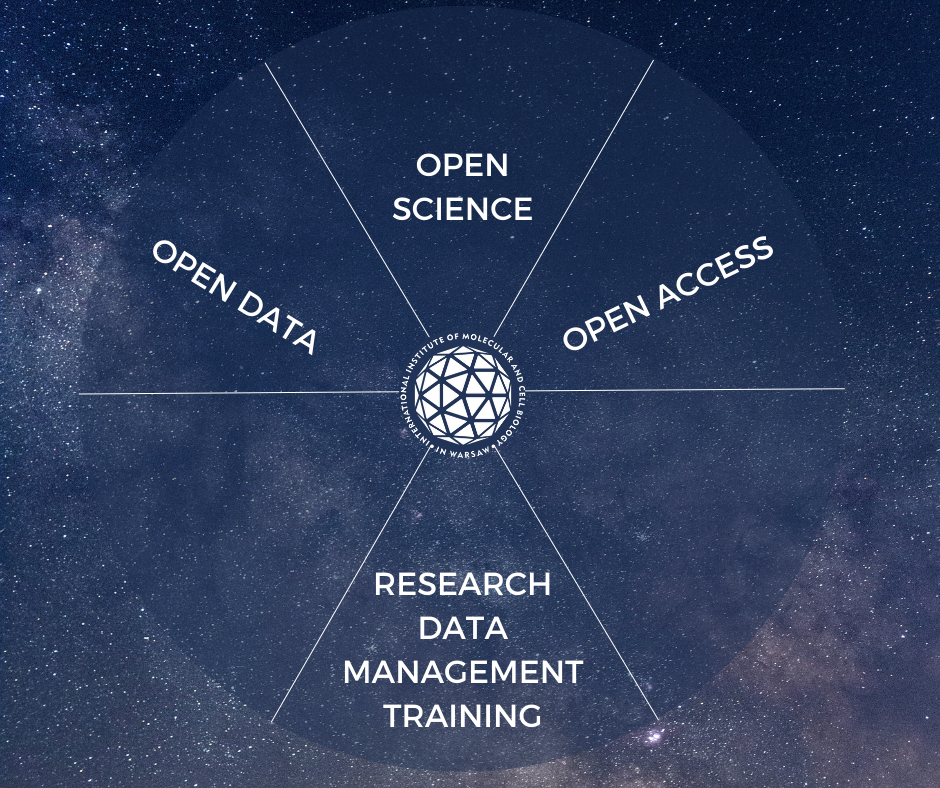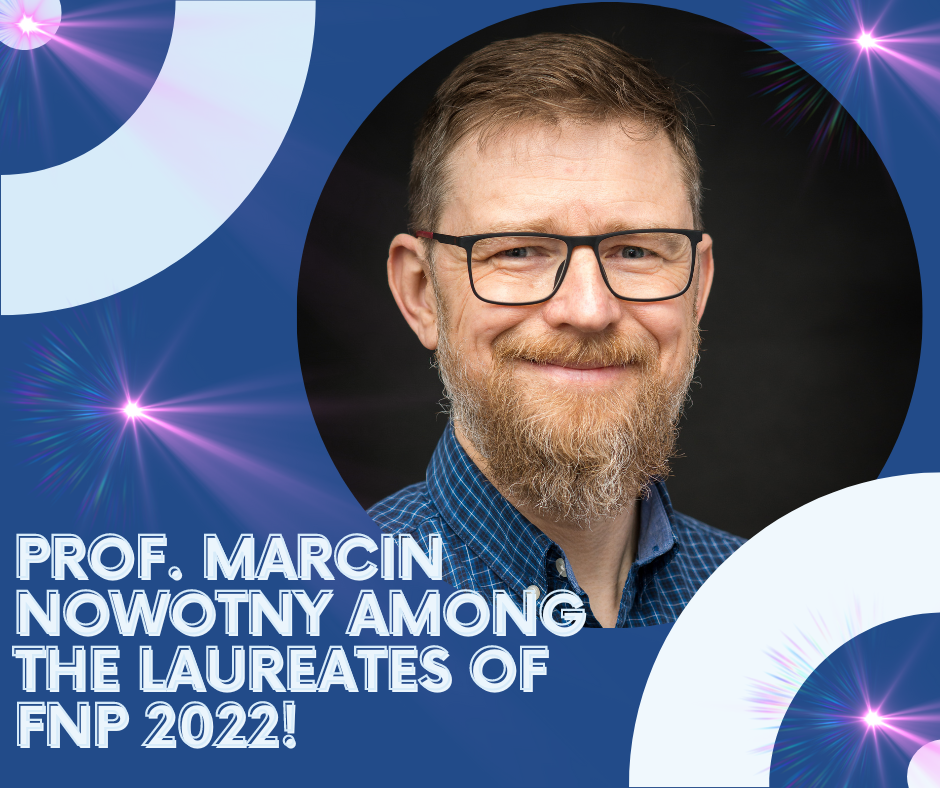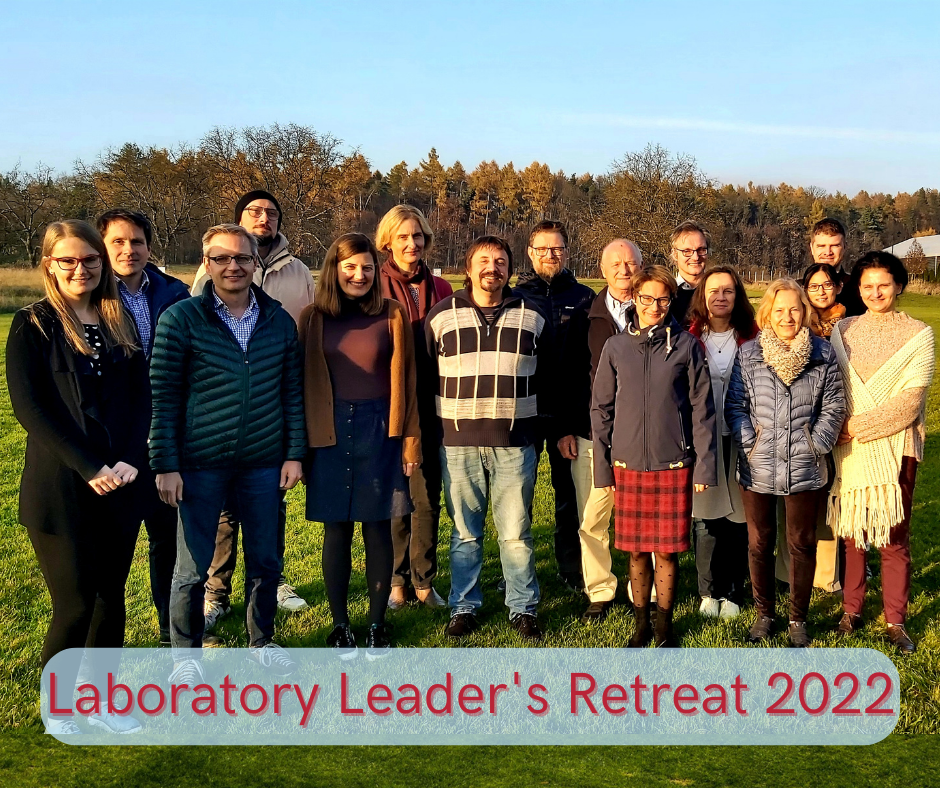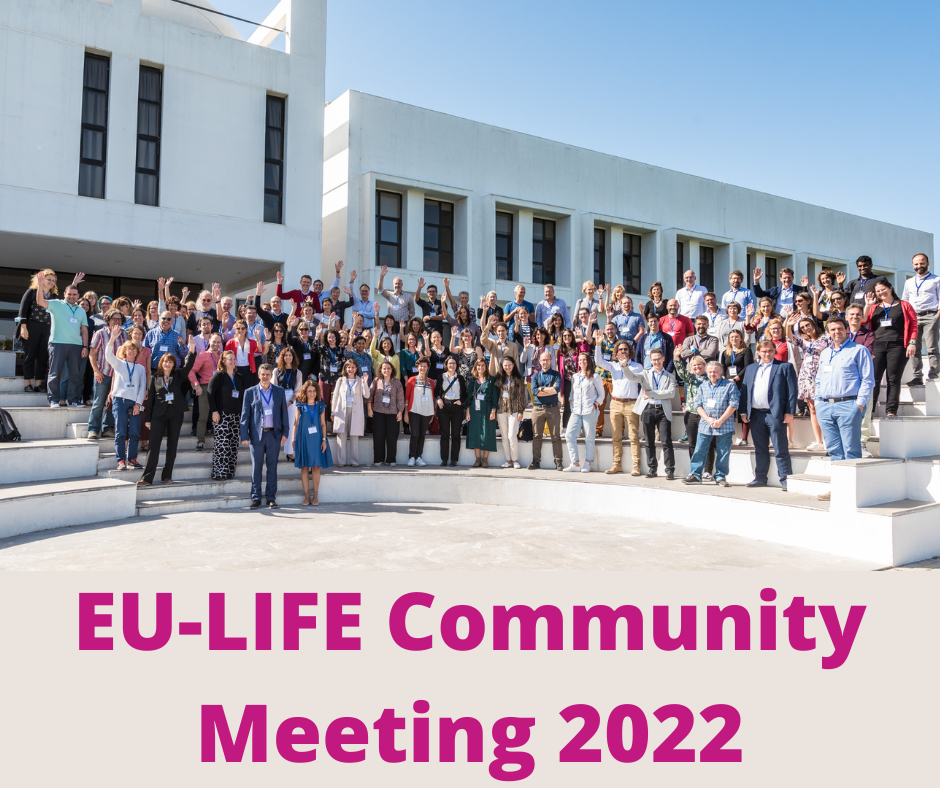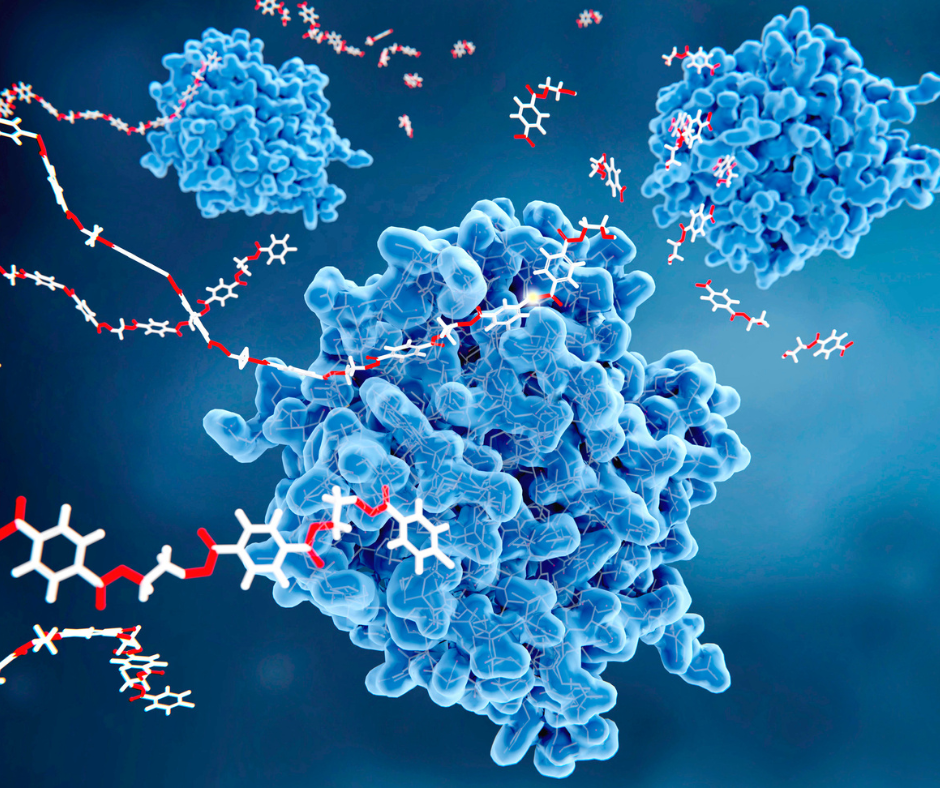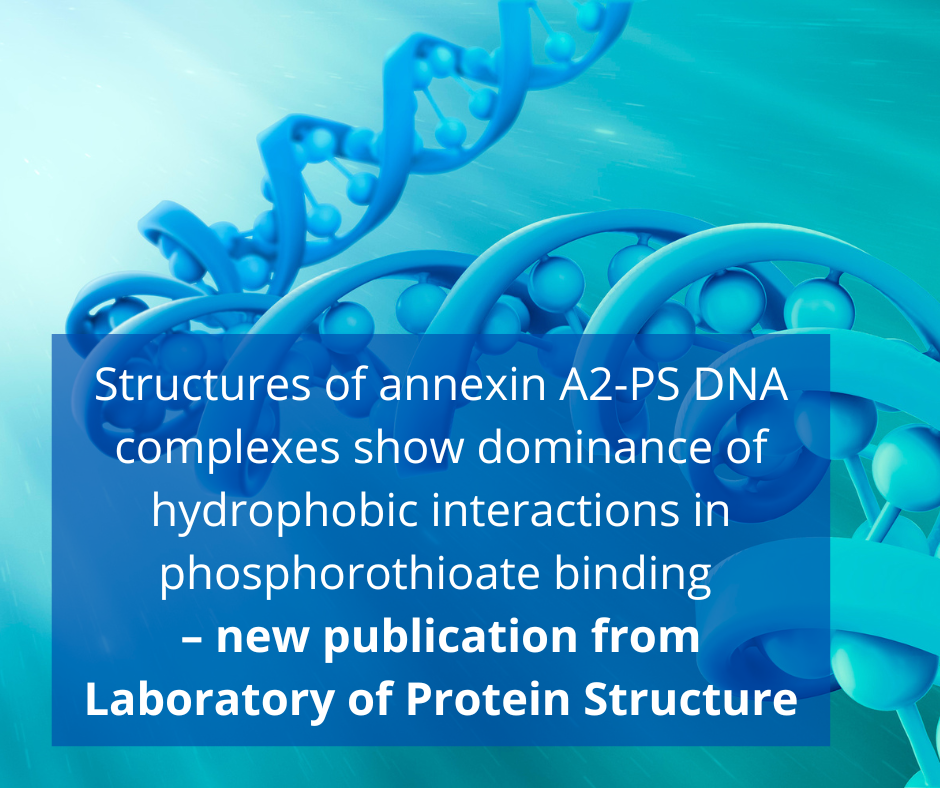Rare neurological diseases, ataxias, pyramidal signs indicating damage to motor neurons and manifested by a lack of proper posture - this topic concerns not only doctors and scientists but also patients affected by such conditions and their families. The search for the causes of rare diseases is a long and challenging process, as it is difficult to grasp all the molecular aspects that allow for a clear answer to the question: does a mutation detected in genetic screening really underlies the disease?
A recent study conducted using an animal model by the team of Dr. Wojciech Pokrzywa from the International Institute of Molecular and Cell Biology in Warsaw (IIMCB) indicates that specific amino acid mutation of an important enzyme involved in protein degradation can cause a neurodevelopmental disorder.
Using exome sequencing to diagnose a pediatric patient with developmental delay, pyramidal signs, and limb ataxia, the research team has identified an ultra-rare de novo Asp126His missense variant in the FEM1C gene encoding a ubiquitin ligase that promotes degradation of other proteins. - However, it was not clear yet whether this mutation was actually responsible for the patient's disease, which is crucial in making the diagnosis and the possibility of seeking personalized therapies – says Dr. Wojciech Pokrzywa, head of the Laboratory of Protein Metabolism at the IIMCB.
The bioinformatics analysis made by the team of Dr. Pokrzywa showed that the aforementioned FEM1C mutation disrupts the binding of protein substrates destined for degradation, which can lead to their accumulation in the cell and cause toxic effects. To evaluate the pathogenicity of the Asp126His variant in the FEM1C gene, the researchers used the Caenorhabditis elegans nematode as a disease model. They found that animals expressing a variant analogous to the patient's mutation had normal muscle architecture but, similarly to the patient, impaired mobility. These nematodes were sensitive to the acetylcholinesterase inhibitor, aldicarb, indicating that their impaired locomotion was due to synaptic abnormalities rather than muscle dysfunction.
As a result of the research, the first evidence from an animal model has been presented, suggesting that a mutation in the evolutionarily conserved amino acid Asp126 in the ubiquitin ligase FEM1C causes neurodevelopmental disorders in humans.
The findings were published in the latest issue of the British journal Human Molecular Genetics
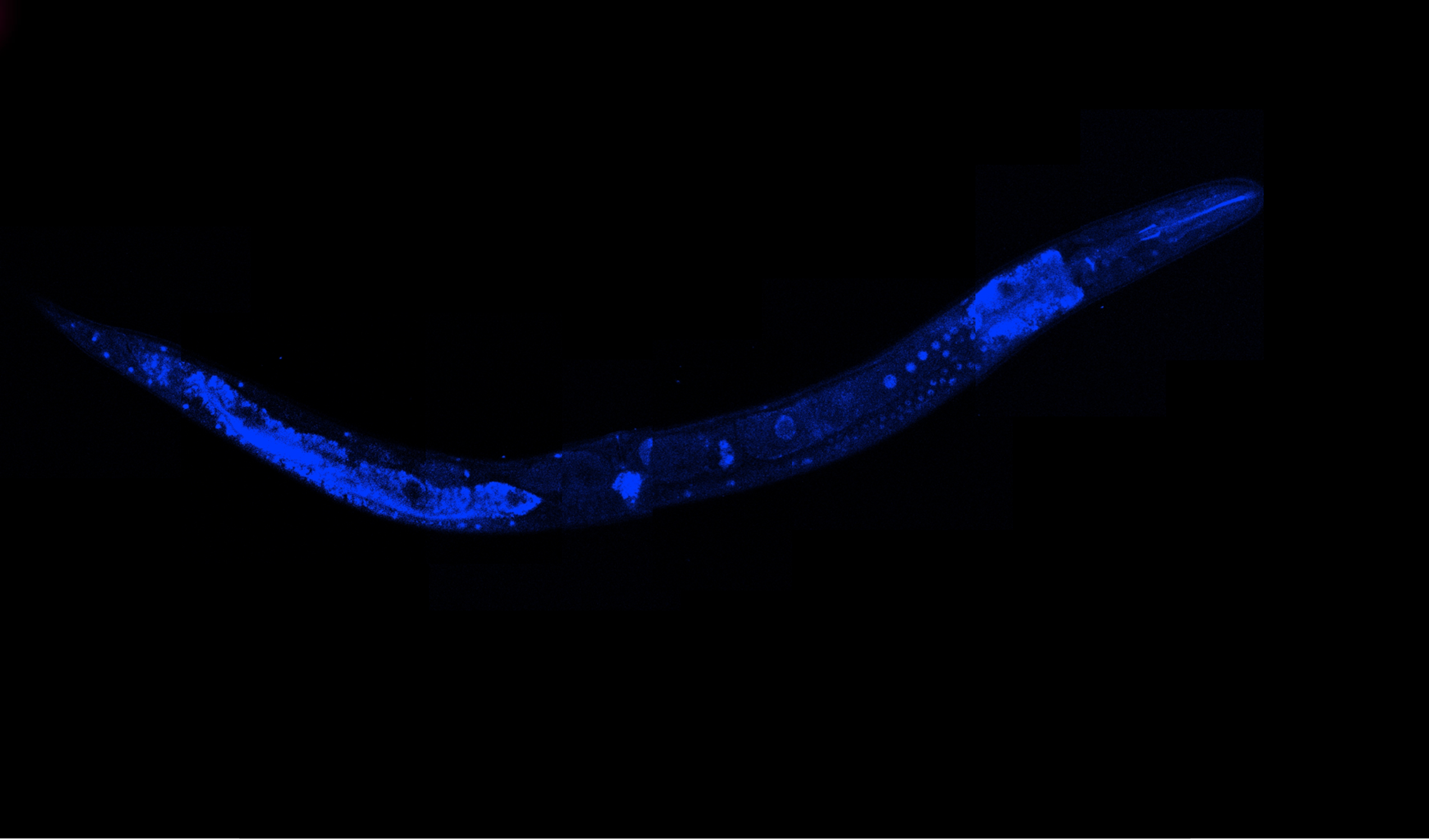
Awards of the Foundation for Polish Science 2022 have already been distributed! Among the winners - Prof. Marcin Nowotny, Head of the Laboratory of Protein Structure at the International Institute of Molecular and Cell Biology in Warsaw. This is one of the most important awards of the scientific community in Poland. Our sincere congratulations!
Explanation of molecular mechanisms of DNA damage recognition and repair - this is the area of activity in the field of life and earth sciences, for which Prof. Marcin Nowotny, was honored with the most important scientific award in Poland, also known as the Polish Nobel. The prizes of the Foundation for Polish Science are awarded for special scientific achievements and discoveries that push the boundaries of cognition and open new cognitive perspectives, making an outstanding contribution to the civilizational and cultural progress of our country. They also provide Poland with a significant place in addressing the most ambitious challenges of the modern world. More about the award in the article.
The amount of the award is 200 thousand PLN. It is awarded by the FNP Council through a competition in four areas: life and earth sciences, chemical and material sciences, mathematical and physical sciences and engineering sciences, and humanities and social sciences. Candidates for this award are submitted by prominent representatives of science. The FNP Council acts as the Chapter of the competition and selects the winners based on the opinions of independent experts and reviewers - mainly from abroad - evaluating the achievements of the candidates. The FNP Prizes have been awarded since 1992.
The award ceremony will take place on December 7 and will be broadcast on line.

On November 14-15, 2022, the annual Laboratory Leaders’ Retreat took place in Mała Wieś. The Retreat was devoted to discussions on scientific projects performed in IIMCB labs and strategic directions for the development of the Institue. Two days meeting was attended by all representatives of the laboratories and directors of the Institute.
https://www.iimcb.gov.pl/en/news-press-office?start=117#sigProIdde07cf8e12
It was two days of hard work and inspiring meetings within an international group of representatives of 15 leading research institutes in life sciences from all over Europe. That is how this year EU-LIFE Community Meeting may be summarized.
The purpose of the meeting was to integrate representatives of the EU-LIFE community and to exchange experiences in implementing best practices in the organization and management of research institutes.
The meetings were workshop-based and they were held within the framework of individual working groups, which included selected representatives of 15 member institutes. The representatives of the International Institute of Molecular and Cellular Biology in Warsaw participated in 7 working groups, namely: Core Facilities; Gender Equality, Diversity & Inclusion; Grants & Funding; IT; Training & Recruitment; Science Communication, and Tech Transfer.
"The participation in the working group such as Gender Equality, Diversity and Inclusion was an excellent chance to get to know all its members personally. It also allowed us to participate in interesting discussions as well as gave us an opportunity to exchange good practices on the implementation of gender equality plans in individual institutions. We agreed on an action plan for the near future, including the preparation of a mentoring program for women," assessed Agnieszka Faliszewska, the deputy head in the HR Unit.
In turn, the IT Working Group meeting was held to conclude the Research Data Management Policy. Among other things, the participants discussed the topic of cataloguing, storing, and sharing large data sets. An outline of the group's action plan for the next 12 months was also laid out, assuming the creation of detailed guidelines for good practice in the IT security field.
In the Technology Transfer Working Group, the action plan for 2023 was discussed. There was also an intensive exchange session on the following topics: capital and start-up policies, proof-of-concept financing and de-risking strategies, ways to protect computer software, resources, and tools used in technology transfer. The Group also talked about frequenting events to promote scientific achievements and attract business partners.
The Grant & Funding Group summarized the statistics of the EU-LIFE institutes' grants, which is an important input to science policy documents.; Its representatives also exchanged information on the Horizon Europe program rules. "The most valuable part of the meeting for me was the "Re-connect" session, during which we made tour de tables, introducing each other and the institutional grants offices. Such experiences strengthen cooperation and build a sense of community," added Dorota Libiszowska, the head of the Grants Office.
As a part of the meeting, the Science Communication Working Group held a workshop on storytelling and so-called "inclusive communication" in the area of communicating research. Participants also discussed the topics related to upcoming 10th anniversary of EU-LIFE and the organization of events highlighting this celebration.
Last but not least, the Core Facility Working Group discussed the next steps of preparing the CF Lifecycle Guideline and CF Benchmarking Report for 2021. Activities were planned for 2023, including, among others, improving the operation of the CFs through training course opportunities and Staff exchanges. In addition, WG members agreed to continue the Tech Watch seminars, through which the EU-LIFE community can explore the scientific technologies used in the partner institutes and establish collaborations. The exchange of experiences on conducting sustainability and energy savings was also an important topic.
The next annual EU-LIFE Community Meeting is planned for June 2023 in Lisbon.
https://www.iimcb.gov.pl/en/news-press-office?start=117#sigProIdd14c4a5960
Scientists from the Laboratory of Protein Structure - in Nucleic Acids Research.
We are happy to announce that today's lecture by Prof. A. Dziembowski entitled "Origin of molecular biology, plasmids, restriction enzymes, ligases. Modern cloning techniques" inaugurated the year-long course organized by the International Institute of Molecular and Cell Biology in Warsaw within the framework of the Warsaw-4-PhD Doctoral School in the 2022/2023 academic year.
This lecture is one of 30 to be delivered as a part of the year-long course. The title of the course is: "Methodological Advances in Molecular and Structural Biology." The coordinators of the course for PhD students are Prof. J.Bujnicki, Prof. A.Dziembowski and Prof. G.Michlewski, who, together with invited internal and external experts, will carry out the entire series. They will present scientific methodology and give introduction to a series of advanced techniques used in the International Institute of Molecular and Cell Biology in Warsaw in the fields of:
- molecular biology (genetic engineering, sequencing, data analysis in genomics and transcriptomics);
- protein and RNA biochemistry as well as macromolecular interactions;
- structural biology and biophysics of proteins and nucleic acids and structural bioinformatics.
The entire training will cover two semesters, summer and winter, and will end with an exam in June 2023. Below is the program for the entire training course.
https://www.iimcb.gov.pl/en/news-press-office?start=117#sigProIdb3092345a9
